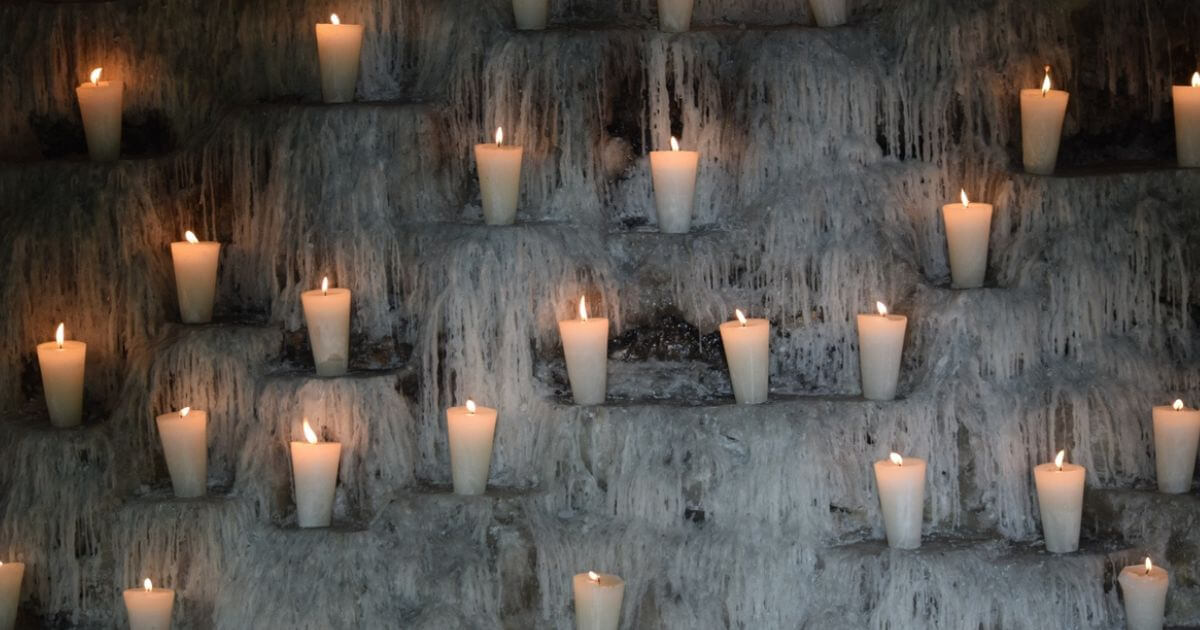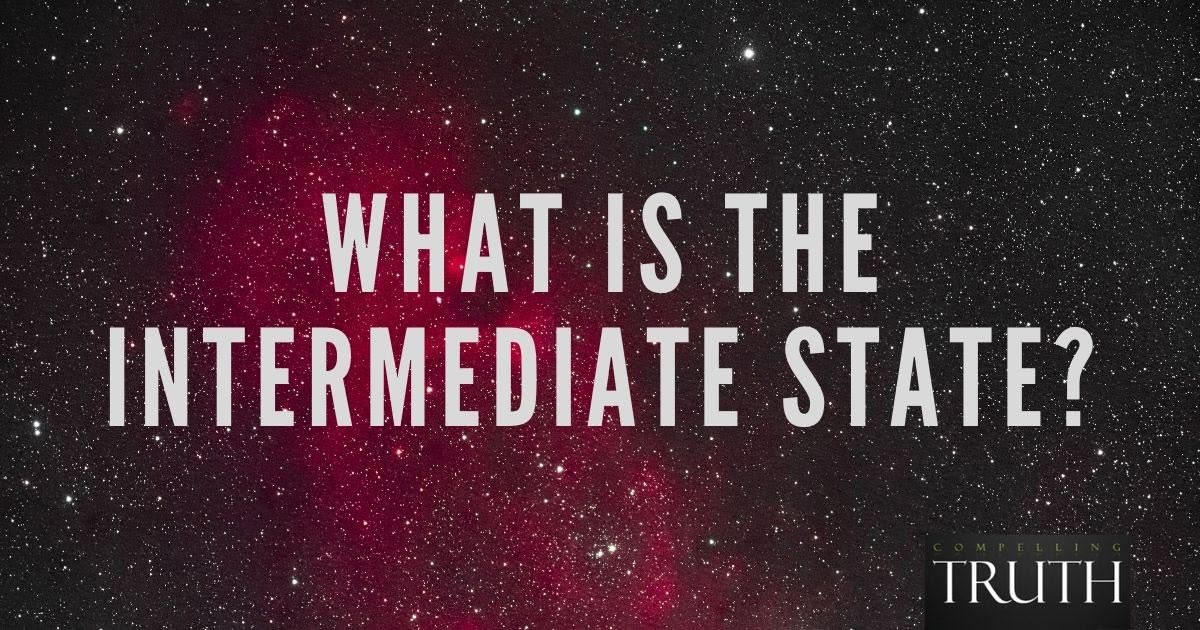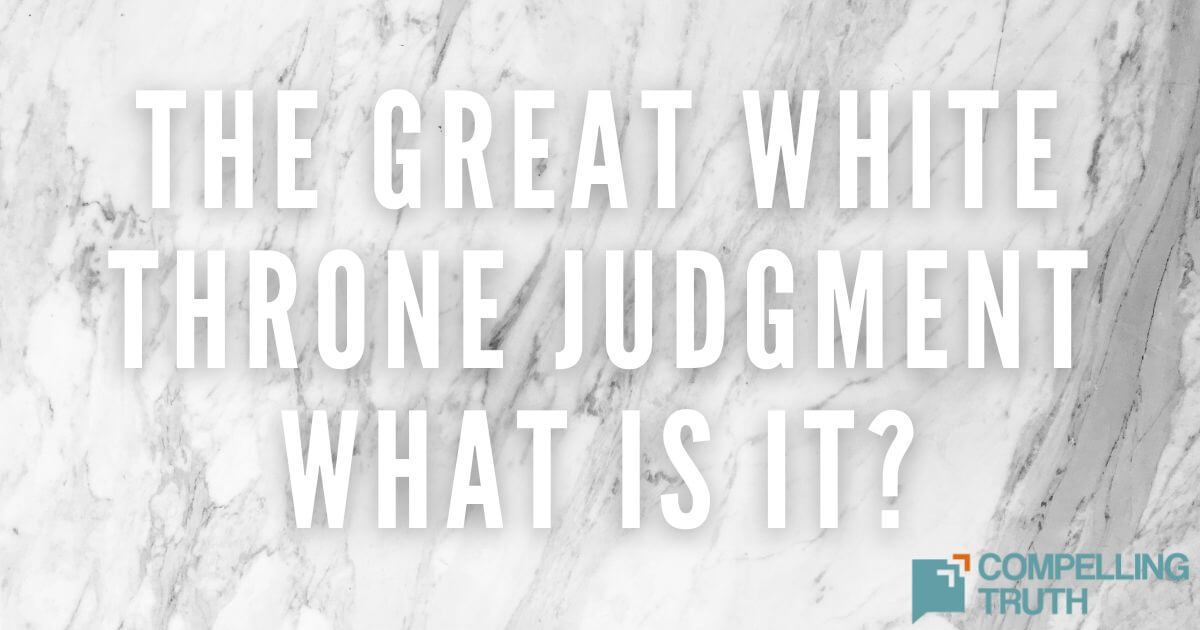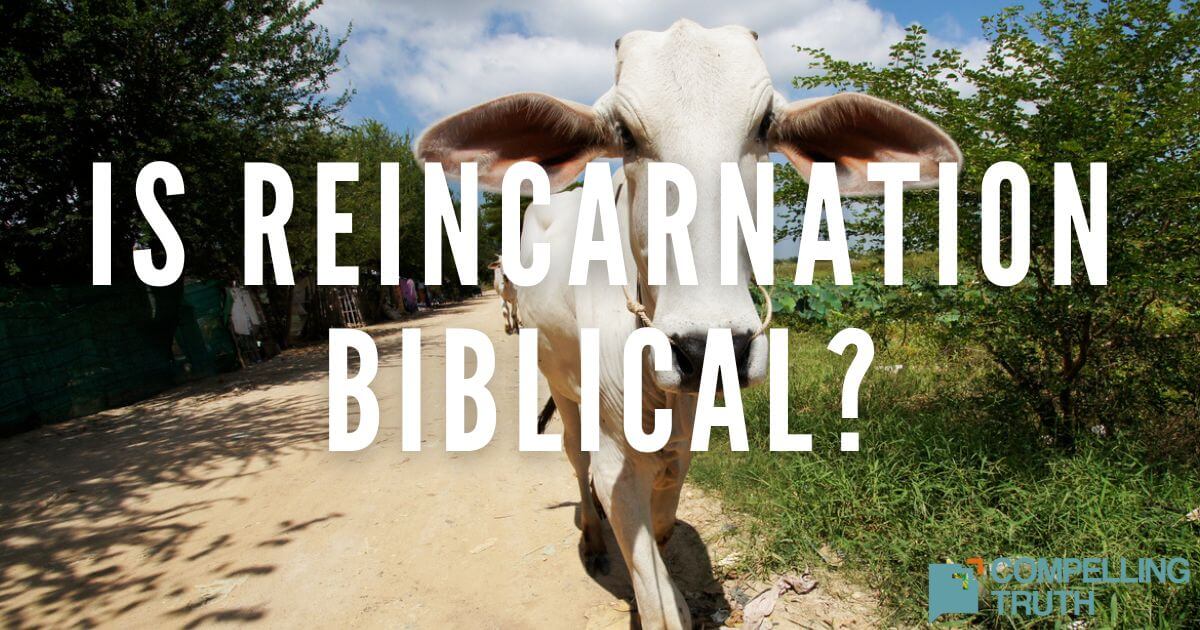Purgatory is not mentioned in the Bible, nor does Scripture teach that there is a "middle ground" for the purification of sins after death. The doctrine of purgatory is primarily supported by references in the pocryphal book of 2 Maccabees, which is not included in the Protestant Bible and was never affirmed as Scripture by Jesus or the apostles. The New Testament consistently presents a clear picture of the afterlife as involving two eternal destinations—heaven and hell—without any intermediate state.
The concept of purgatory is an extra-biblical teaching that lacks support in Scripture. The Bible clearly presents salvation as being secured through faith in Jesus Christ (Ephesians 2:8–9) and emphasizes that after death, eternal destinations are set. While purgatory may appeal to some as a way to reconcile sin after death, it undermines the sufficiency of Christ’s atonement (1 Peter 2:24). Believers are called to focus on living lives of faith and repentance, sharing the message of salvation with others while there is still time. Instead of praying or performing works on behalf of the dead, Christians are encouraged to grow in their relationship with Christ and trust fully in His finished work for salvation (John 19:30).




